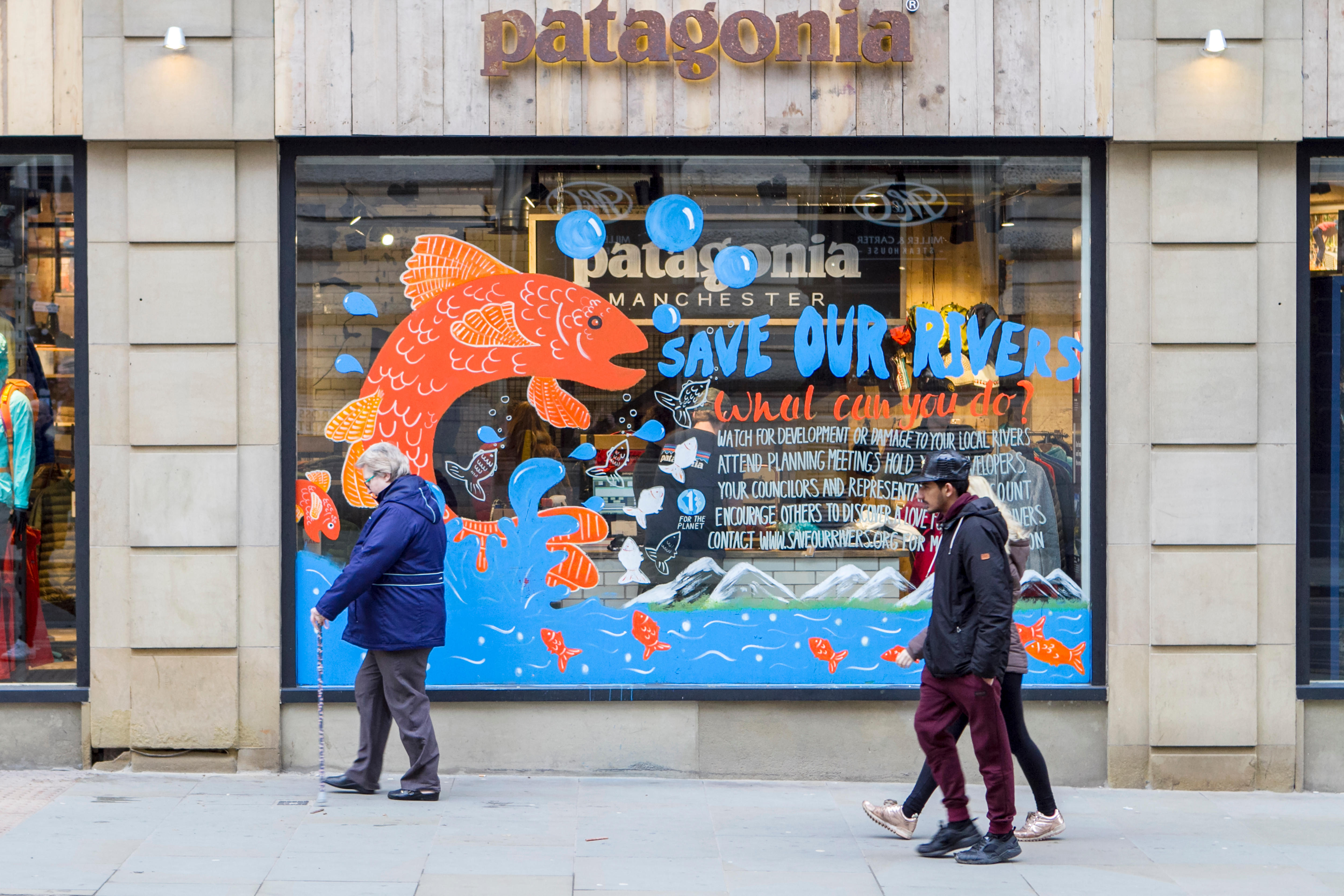When American companies join the culture wars
Under intense social pressure, companies in the Trump era are taking stands on cultural and political issues

A free daily email with the biggest news stories of the day – and the best features from TheWeek.com
You are now subscribed
Your newsletter sign-up was successful
The smartest insight and analysis, from all perspectives, rounded up from around the web:
Corporate America is growing a conscience, said Derek Thompson at The Atlantic. Under intense social pressure, companies in the Trump era are taking stands on issues ranging from guns to global warming to immigration. In recent weeks, 20 major firms, including Delta, Hertz, Avis, Symantec, and MetLife, have cut ties with the National Rifle Association in response to the Parkland, Florida, school massacre. Dick's Sporting Goods has stopped selling the AR-15 rifle, and both it and Walmart have raised their minimum age for firearm purchases to 21. Last year, Disney's CEO quit a White House business council after Trump withdrew the U.S. from the Paris climate accord; drug company Merck's CEO left after Charlottesville. It's "hard to understand" why anyone would care whether a pharmaceutical firm or car rental company has chosen sides in the latest political debate, said Michael Strain at Bloomberg. "But apparently many people do" — and CEOs are speaking out in response.
"This isn't heroism, shareholder activism, or even corporate social responsibility — it's plain old business," said Heidi Moore at The Washington Post. Few of these companies are going to take a financial hit for their outspokenness. Dick's Sporting Goods, for instance, sold AR-15s at just 35 of its 719 stores, and gun sales nationally are on the slide. Walmart stopped selling ARs in 2015 not out of principle but because customers weren't buying them. "Predictably enough," companies that make a lot of money from their relationship with the gun industry, such as FedEx, haven't budged since Parkland. "Morality is easy when it costs nothing." That's not to say there isn't sometimes an upside to activism, said Aaron Chatterji at The New York Times. Patagonia's sales surged after it protested the decision to slash the size of Bears Ears National Monument in Utah, and Apple won fans after CEO Tim Cook spoke out against a discriminatory Indiana law. But other companies have "had to retrench" after taking positions, as Target did when conservatives criticized its trans-inclusive bathroom policy. In our polarized environment, companies continually have to decide "which kind of consumers they can write off and which ones to curry favor with."
The Week
Escape your echo chamber. Get the facts behind the news, plus analysis from multiple perspectives.

Sign up for The Week's Free Newsletters
From our morning news briefing to a weekly Good News Newsletter, get the best of The Week delivered directly to your inbox.
From our morning news briefing to a weekly Good News Newsletter, get the best of The Week delivered directly to your inbox.
Long-term, that will be bad for business, said Megan McArdle at The Washington Post. Consumers are increasingly shopping their politics, with "liberals eating at Starbucks and Panera while conservatives dine on Papa John's and Chick-fil-A, and crafters splitting between Hobby Lobby and Michaels." That's all well and good for niche markets, but companies that rely on economies of scale cannot thrive "catering to a small, fanatically partisan fan base." The reason we're demanding that companies choose sides in "weighty cultural and political debates" is that we have a "dearth of other options" to anchor us, said Daniel Foster at National Review. The institutions where we once found community — churches, unions, even families — have waned. "Precious few alternatives, apart from the corporation, have arisen in their place." And so we turn "to the corporation for shelter."
A free daily email with the biggest news stories of the day – and the best features from TheWeek.com
-
 Will increasing tensions with Iran boil over into war?
Will increasing tensions with Iran boil over into war?Today’s Big Question President Donald Trump has recently been threatening the country
-
 Corruption: The spy sheikh and the president
Corruption: The spy sheikh and the presidentFeature Trump is at the center of another scandal
-
 Putin’s shadow war
Putin’s shadow warFeature The Kremlin is waging a campaign of sabotage and subversion against Ukraine’s allies in the West
-
 The pros and cons of noncompete agreements
The pros and cons of noncompete agreementsThe Explainer The FTC wants to ban companies from binding their employees with noncompete agreements. Who would this benefit, and who would it hurt?
-
 What experts are saying about the economy's surprise contraction
What experts are saying about the economy's surprise contractionThe Explainer The sharpest opinions on the debate from around the web
-
 The death of cities was greatly exaggerated
The death of cities was greatly exaggeratedThe Explainer Why the pandemic predictions about urban flight were wrong
-
 The housing crisis is here
The housing crisis is hereThe Explainer As the pandemic takes its toll, renters face eviction even as buyers are bidding higher
-
 How to be an ally to marginalized coworkers
How to be an ally to marginalized coworkersThe Explainer Show up for your colleagues by showing that you see them and their struggles
-
 What the stock market knows
What the stock market knowsThe Explainer Publicly traded companies are going to wallop small businesses
-
 Can the government save small businesses?
Can the government save small businesses?The Explainer Many are fighting for a fair share of the coronavirus rescue package
-
 How the oil crash could turn into a much bigger economic shock
How the oil crash could turn into a much bigger economic shockThe Explainer This could be a huge problem for the entire economy